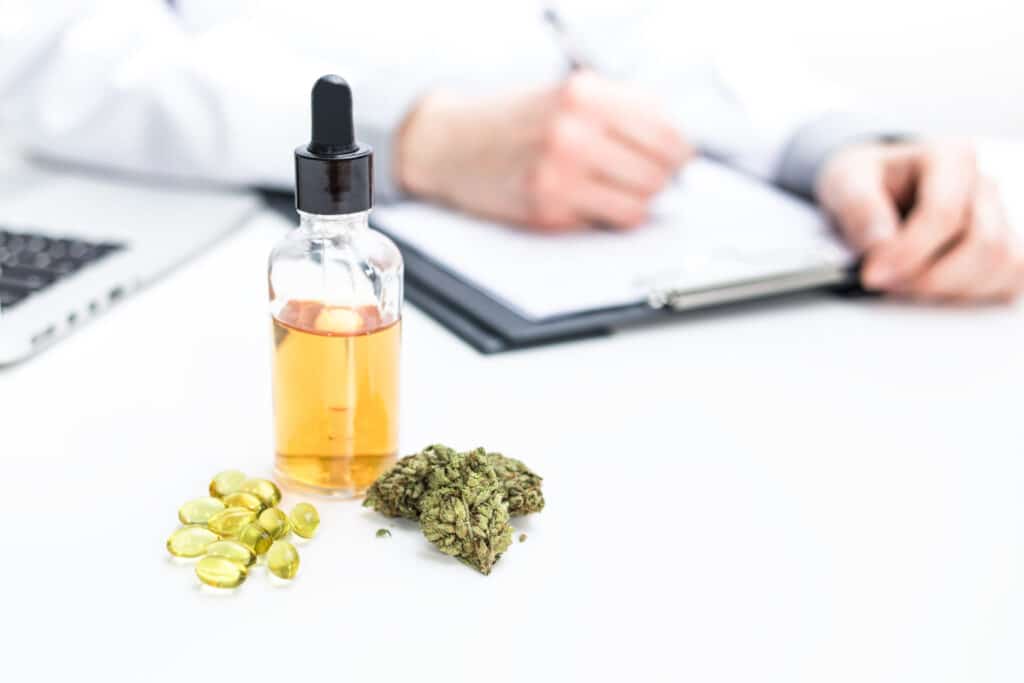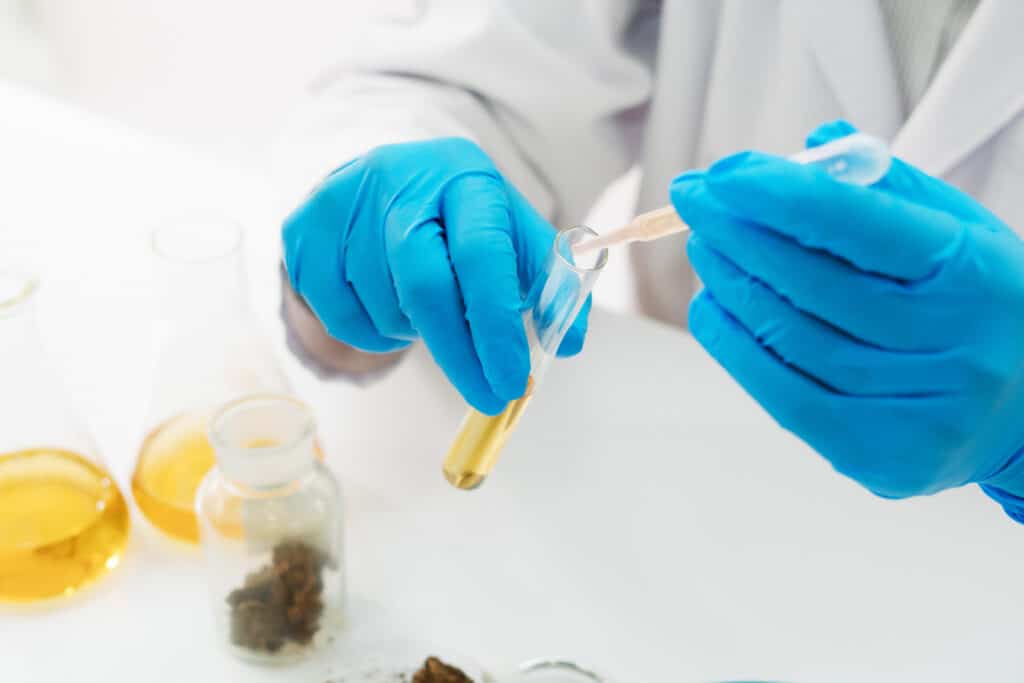
As the sale of medical and recreational cannabis has expanded in recent years, it has become more important to ensure that all products are tested for safety and efficacy before being released into the market.
Cannabis production involves an analytical testing stage to verify the safety, potency and quality of the products. Different analytical testing techniques have been developed to test for a whole host of contaminants and find new ways of protecting consumer health. Students in the cannabis program at AAPS will receive training to prepare them for careers as laboratory analysts and more. With an understanding of the analytical testing process and techniques, you can play a key role in upholding safety and efficacy in the future of the cannabis industry. Read on to learn more.
A License is Required for Analytical Testing
Before understanding the techniques of cannabis testing, you need to understand the requirements for performing these tests. Under the Cannabis Act and Regulations, individuals are required to obtain a license issued by Health Canada in order to perform any activities relating to analytical testing of cannabis. That means any company or facility that is working on altering the properties of cannabis for analysis purposes must apply for an Analytical Testing License.
Analytical testing activities include testing processes for:
- Chemical contaminants
- Microbial contaminants
- Cannabinoid content
- Dissolution or disintegration
- Sterility & stability testing
- Pesticides
After obtaining an analytical testing license, individuals will be able to work with other professionals in cannabis careers during the cultivation and processing stage of cannabis and offer their services as a testing facility.

Those in cannabis careers performing analytical testing will need a license from Health Canada
Testing Ensures the Safety of Cannabis Products
There are a number of analytical testing techniques that are designed to determine and verify the safety of a cannabis product. The goal is to protect consumer health from dangerous contaminants. One of the most important analytical tests to take note of is microbial testing, which looks for contaminants such as yeast, moulds, bacteria and aflatoxins.
For microbial analysis, facilities tend to use traditional culture methods (TCM) as their go-to. It is a relatively straightforward technique in comparison to more high-tech methods such as quantitative polymerase-chain-reaction (qPCR) analysis. However, qPCR delivers much faster results – from 40 minutes to two hours – while TCM can take between 24 to 48 hours. As a student in cannabis training, you’ll learn how to perform various analytical testing techniques to facilitate the safe release of cannabis products into the market.

Microbial testing checks for contaminants such as yeast and mould in the cannabis product
Techniques to Verify the Potency of Cannabis
Beyond testing for the presence of contaminants, the cannabis testing sector employs techniques to assess the potency of cannabis – in other words, the cannabinoid content. This involves determining the levels of CBD and THC in a given product.
There are three main testing methods that cannabis labs use for potency analysis:
- High-performance liquid chromatography (HPLC )
- Liquid chromatography-mass spectrometry (LC/MS)
- Fourier transform infrared spectroscopy (FT/IR)
HPLC systems are the most commonly used equipment for analyzing potency in cannabis laboratories. The technique involves separating the mixture of cannabinoids in a sample and determining the quantity of each by measuring how much UV light is absorbed. This technique is easily repeated, and cannabinoids can be identified in as little as five minutes.
Through the program at AAPS, you’ll learn about analytical techniques such as these that are used to test for THC and CBD. With specific industry knowledge, graduates go on to careers as laboratory analysts, extraction technicians, product control technicians and more.
Are you interested in attending a cannabis online college?
Contact AAPS to get started!



